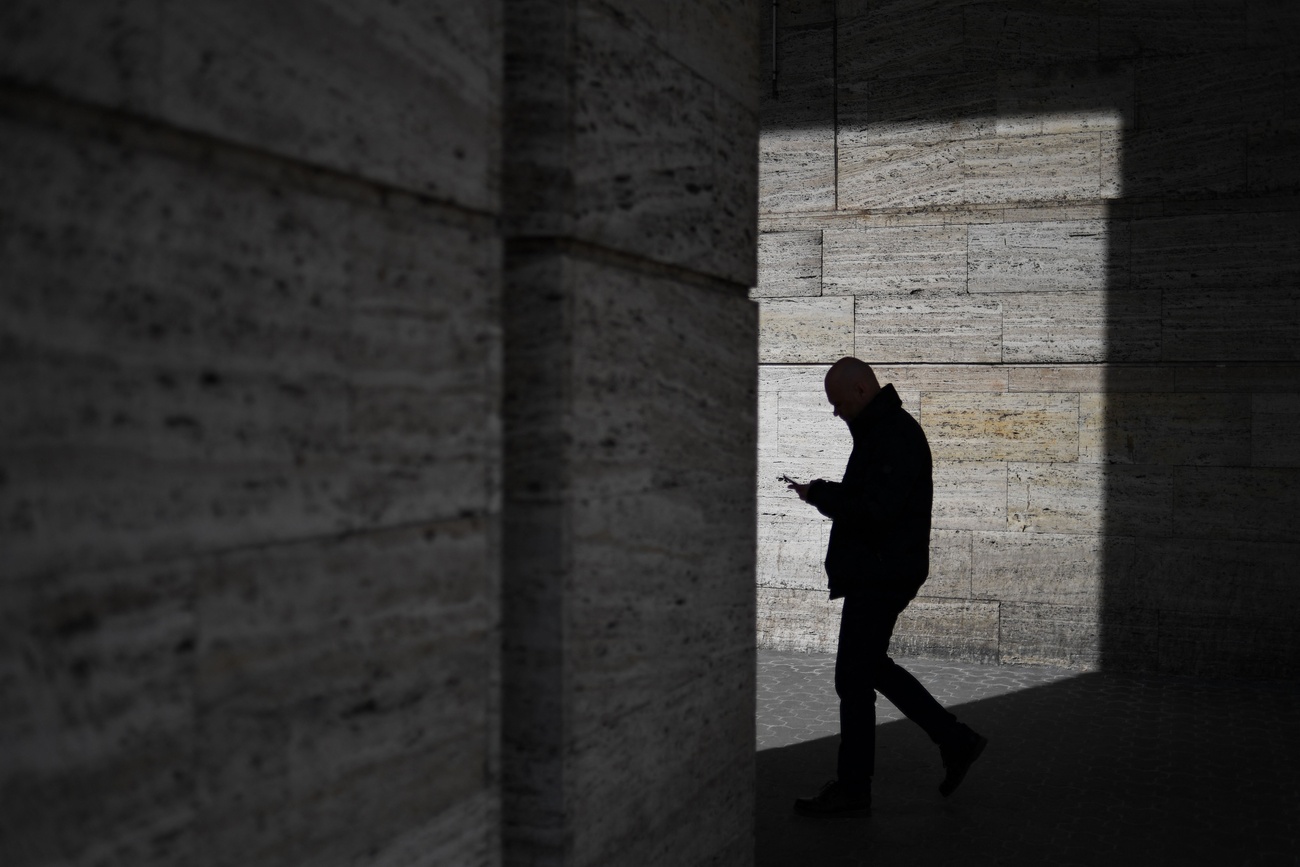
Swiss Economy Seen Weathering Trump’s Tariff Shock for Now
(Bloomberg) — Switzerland’s economy will prove resilient enough to largely shake off the shock of US tariffs over the next year or so, according to a Bloomberg survey of economists.
Forecasters have cut their projections for annual growth, adjusted for large sport events, by just 0.1 percentage point for 2025 and 2026. Expansion will be 1.4% and 1.1% for each year respectively, the median of eight respondents shows.
The economists do expect weakness in the near term after a growth spurt at the start of the year, driven by export frontloading in anticipation of US President Donald Trump’s global levies. They predict growth data on Friday will probably show a small contraction in the second quarter, before a pickup takes hold toward the end of the year.
“We don’t see a recession in Switzerland at all,” said Jean Dalbard of Bloomberg Economics. “The economy is not roaring, but it’s still growing.”
Switzerland is reeling from the imposition of a 39% tariff, which is the highest in the developed world. While that levy has now taken effect, the country is keeping up efforts to negotiate with the US, raising the prospect that it could yet change. Meanwhile Trump has also threatened to tax pharmaceutical imports, which would be a further shock.
“In Switzerland, severe job losses are all but certain in the coming months, if there is no swift resolution to the US tariff shock,” Bank J Safra Sarasin Ltd Chief Economist Karsten Junius wrote in a note on Friday. “It is clear that this would make many Swiss manufacturing companies uncompetitive in the US market and drive out production to neighboring EU countries.”
If levies were to stay at the high level for a longer period of time, this would also increase the chance of Swiss National Bank policymakers introducing negative interest rates, Junius added, after they cut borrowing costs to zero in June.
So far, the expectation prevails that a solution with will be found in a fairly short time, however. In the survey, a majority of forecasters still expect the SNB benchmark to stay at zero through the end of 2027. That’s unchanged from before last week’s tariff introduction.
“Our base-case assumption is that US tariffs will return to 15% in the foreseeable future — the worst case is that there won’t be a deal in the next few weeks but only next year,” said Matteo Mosimann, an economist at UBS Group AG. “If pharma tariffs are introduced, we would have to reconsider our growth forecasts.”
To assess what such would mean for the key Swiss export industry, the government plans to hold talks with top executives of local drug giants Roche Holding AG and Novartis AG.
(Updates with UBS economist from eighth paragraph.)
©2025 Bloomberg L.P.


































